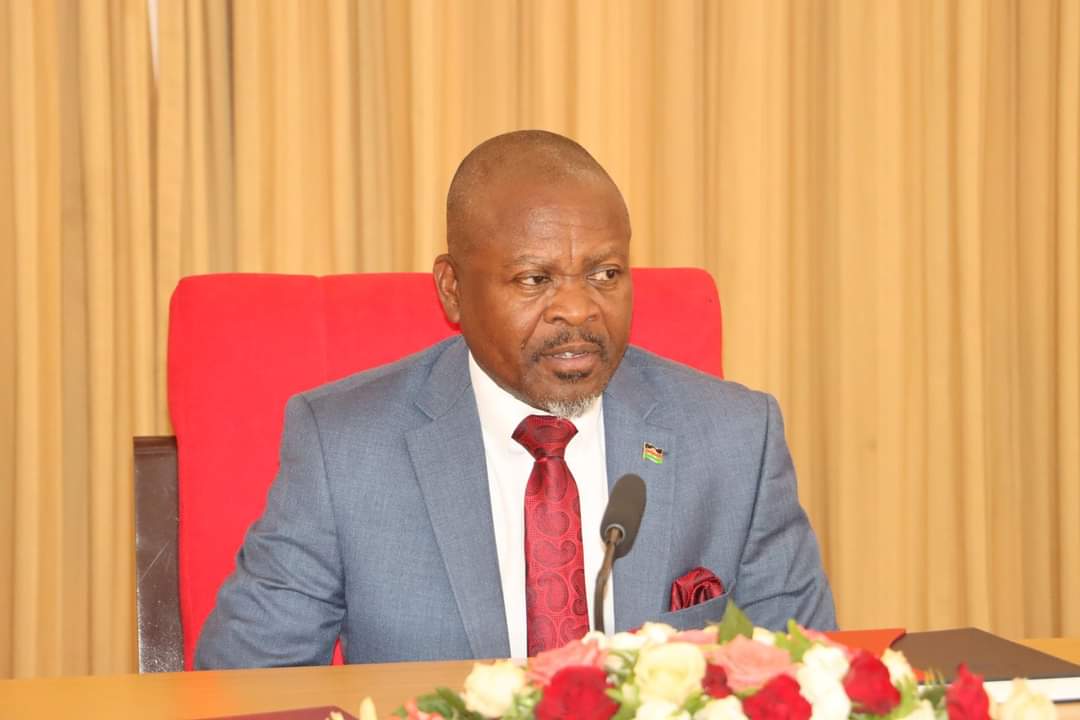By Burnett Munthali – Investigative Reporting
In the shadows of national pride and political slogans, a storm is quietly gathering in Malawi. It is not one of angry chants or street blockades, but of deepening sorrow and quiet determination among the country’s retired soldiers. Men and women who once bore arms for the nation now bear only neglect—and their patience is wearing thin.
These veterans, worn down by years of silence and broken promises, are preparing for a bold step: the peaceful shutdown of government offices if their grievances continue to be ignored. They are not staging a protest, they say—it is a plea of last resort from those who once protected the very institutions they now threaten to disrupt.
Unlike civilians, former soldiers are not trained to protest. Discipline, order, and chain of command define their worldview. Yet, without a legal association to speak for them or a formal space to voice their pain, they are now forced to act outside tradition—symbolically, but with firm resolve.
Their main concern lies in the pension they receive: a meagre MWK 100,000 per month. In an economy plagued by rising costs and unstable currency, this amount is barely enough for transportation, let alone food, shelter, or medical care. One retired officer called it “an insult, not an income.”
Government talks of a 20% pension increase have only deepened the wound. To the veterans, this proposal is offensive—“not enough to buy a chicken,” some said bitterly. It reflects, they believe, how disconnected the state is from the hardships of its ex-servicemen.
The injustice feels sharper when contrasted with the opulence of top officials: luxury SUVs, overseas conferences, and hefty allowances. Meanwhile, the veterans—some of whom served in combat zones like Mozambique and the DRC—now fade into invisibility, struggling to live, much less thrive.
But their demands go beyond economics. They are fighting for dignity, recognition, and respect. They want to be acknowledged not just as retirees, but as people who sacrificed for the stability and sovereignty of Malawi.
Particularly painful is the uniformity of pensions. The system treats every veteran the same, regardless of their rank, years of service, or specific sacrifices. To these men and women, it’s a flattening of honour—a bureaucratic betrayal of everything the military once stood for.
The sense of betrayal deepens when veterans speak of internal disillusionment. Their current coordinator, who is meant to advocate on their behalf, is accused of siding with government officials and ignoring the suffering of his comrades. Even worse, they say, is the attitude of the current Malawi Defence Force General, who they claim speaks with contempt toward those who laid the foundation he now builds on.
Beyond personal welfare, there is also a sense of cultural erosion. Once, the military would open its doors to the children of veterans—a mark of legacy, a passing of the torch. Today, those opportunities have dwindled. Recruitment has grown opaque and inaccessible, stripping families of that generational pride.
Now, these forgotten soldiers are demanding a face-to-face meeting with President Lazarus Chakwera, along with the Ministries of Defence and Finance. They want no intermediaries, no political filtering. Their appeal is simple: listen to us before it’s too late.
They stress that theirs is not a rebellion. They do not seek chaos or confrontation. What they want is long-overdue justice. Recognition. Dignity. A chance to live out their remaining years not in hunger, but in honour.
Their sacrifices were real. The bullets they faced were not metaphors. And now, the hunger and helplessness they endure are equally real—and equally unjust.
If the government continues to turn a blind eye, these veterans may be left with no option but peaceful disruption. It will not be done in anger, but in sorrow. It will not be a demand for charity, but a cry for what is owed.
Malawi, they say, must remember this: the silence of a soldier is not weakness. But silence can only last so long.
Because justice ignored too long does not disappear—it only grows louder.




